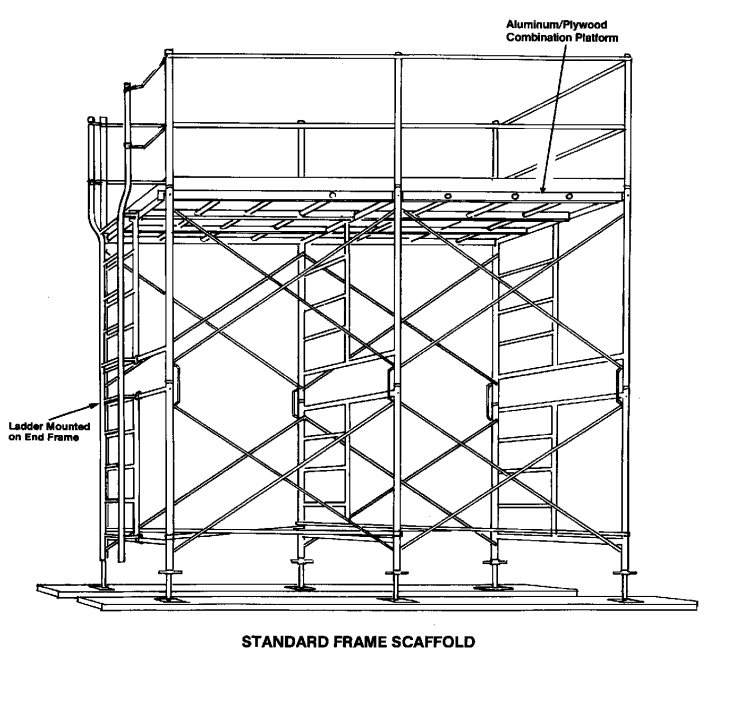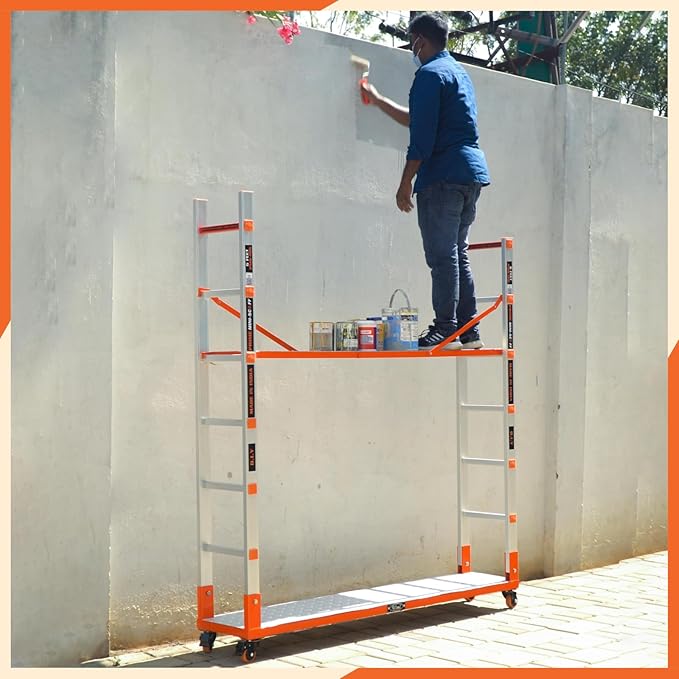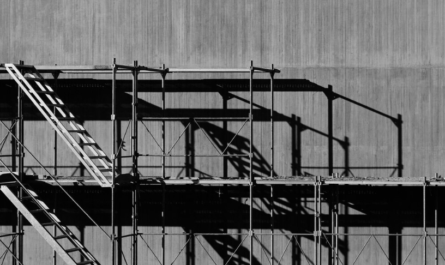Introduction:
When it comes to working at heights, scaffolds play a crucial role in ensuring both safety and efficiency on construction sites. However, the planks and decks that form the foundation of these structures must be properly installed and maintained to prevent accidents. In this blog, we’ll explore key safety considerations for scaffold planks and decks, highlighting best practices that ensure a stable and secure working platform for everyone on-site. Whether you’re a seasoned professional or a newcomer to the construction industry, understanding scaffold safety is essential to protecting lives and maintaining productivity.
Here are 20 safety talk points on scaffolds, focusing on planks and decks:
- Proper Scaffold Design: Ensure the scaffold is designed and erected by a qualified person, following all safety standards.
- Quality of Planks: Use only scaffold-grade planks that are free from defects, such as splits, knots, or cracks.
- Secure Planks: Planks must be securely fastened or restrained to prevent movement or displacement.
- Full Deck Coverage: Ensure the scaffold deck is fully planked, with no large gaps between planks or between the planks and uprights.
- Proper Overlap: Planks must overlap supports by at least 6 inches but no more than 12 inches to maintain stability.
- Load Capacity: Ensure planks are rated for the intended load, including workers, tools, and materials.
- Span Length: Adhere to the manufacturer’s recommended span length for planks based on their material and thickness.
- Proper Plank Extension: Planks should not extend beyond their end supports by more than 18 inches unless they are secured.
- Inspect Planks Regularly: Inspect scaffold planks before use and periodically for cracks, wear, or damage.
- Keep Decks Clean: Always keep scaffold decks free of debris, tools, and materials that could cause trips or falls.
- Use Guardrails: Equip scaffolds with guardrails, toe boards, and mid-rails to prevent falls from decks.
- Avoid Overloading: Never overload the scaffold with materials or personnel beyond its rated capacity.
- Avoid Moving Scaffolds with Workers: Never move a scaffold while workers or materials are on the planks or decks.
- Safe Access: Ensure workers have safe access to scaffolds, using ladders, stair towers, or other approved methods.
- Adequate Support: Ensure planks are supported by scaffold frames or bearer supports at both ends and at intervals as specified by scaffold regulations.
- Even Planking: Arrange planks evenly across the scaffold to avoid uneven load distribution.
- Weather Precautions: Avoid using scaffolds during high winds or other adverse weather conditions that could affect plank stability.
- End-to-End Alignment: Align planks end-to-end without creating gaps or uneven surfaces to ensure a safe walking area.
- Replacement of Damaged Planks: Immediately remove and replace any damaged planks to prevent collapse or injury.
- Training: Ensure all workers are trained in scaffold safety, including the proper installation and use of planks and decks.
MRP – ₹ 23,399 , Discounted price – ₹ 22,199
“Start Your Website Journey Today – Exclusive Hostinger Discounts!”





